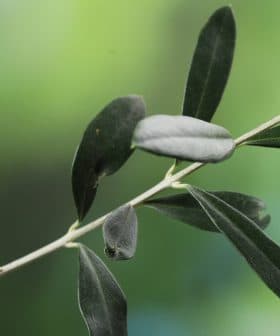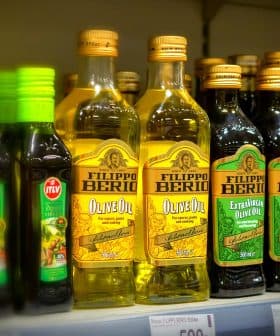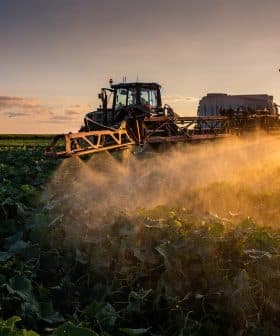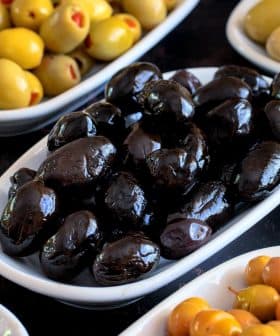 9.4K reads
9.4K readsNews Briefs
Researchers Identify Three Olive Varieties Resistant to Pervasive Fungus

Researchers in Spain have identified three olive varieties with genetic resistance to the deadly Verticillium dahlia fungus, which penetrates olive tree roots and causes Verticillium wilt. The resistant varieties were discovered through genetic material obtained from the World Olive Germplasm Bank in Córdoba, and researchers plan to test them on a commercial scale to assess their performance against the fungus in real growing conditions.
Researchers in Spain have discovered three olive varieties with genetic resistance to Verticillium dahlia, a soil-borne fungal pathogen deadly for olive trees.
The varieties were identified by researchers at the University of Jaén, the University of Córdoba and the Institute of Agricultural and Fisheries Research and Training (Ifapa) from genetic material obtained from the World Olive Germplasm Bank in Córdoba.
The selected genotypes have shown that they inherit tolerance and resistance to V. dahliae, which shows that they are ideal candidates to… achieve more resistant and productive crops.
Verticillium dahlia penetrates the roots of the olive tree. It causes the disease Verticillium wilt, for which there is no effective treatment, making resistant varieties a vital tool for olive growers in regions highly susceptible to the fungus.
Verticillium wilt causes the deterioration of olive trees’ vascular system with severe consequences such as fruit and leaf drops. Over time, the fungus kills the infected trees.
See Also:Genotype Plays Significant Role in Fatty Acid Content of Virgin Olive OilAndalusia is the world’s largest olive oil-producing region, responsible for over half of Spanish olive oil production. The region’s most profitable and commonly grown olive varieties – Picual, Arbequina, Hojiblanca and Cornicabra – have all proven susceptible to infection from the fungus.
According to the autonomous community’s phytosanitary information and alert network, about 2.9 percent of olive trees in Córdoba and 88.9 percent of trees in Huelva, Andalusia’s second and seventh-largest olive oil-producing provinces, respectively, were infected by the disease in 2022.
As a result, the researchers set about identifying olive varieties with natural resistance to the fungal pathogen, evaluating 31 different varieties from the germplasm bank, three varieties known to be resistant to the deadly olive tree bacterium Xylella fastidiosa and six varieties from Ifapa’s breeding center.
Previously, the researchers identified several genes that protect trees against the fungus.
The current research aimed to identify varieties that could maintain the quality and production levels of the most prolific Spanish varieties, especially those planted in high-density and super-high-density while possessing natural resistance to Verticillium dahlia.
After 12 months of cultivation, each of the 40 varieties was inoculated with the fungus, and their evolution was monitored. Researchers planted 16 individuals of each variety in four blocks. Three were infected with the fungus, and the last one, used as a control, was not.
The three varieties that stood out in meeting all of the researchers’ criteria were crossbreeds of Frantoio and Koroneiki olives, both of which are resistant to the fungus, with Arbosana, a Spanish variety frequently planted in high-density and super-high-density groves. The resulting varieties were named ‘FrxAr_5′, ‘FrxAr_6′ and ‘KorOp_48.’
The three varieties were created following standard olive cross-breeding practices; the researchers collected pollen from one variety and pollinated the second variety, producing seeds with inherited characteristics from both parent varieties.
“The selected genotypes have shown that they inherit tolerance and resistance to V. dahliae, which shows that they are ideal candidates to develop new crosses between them and achieve more resistant and productive crops,” said Alicia Serrano, the lead author of the study and a researcher at the University of Jaén.
Encouraged by the initial results of their study, the researchers said the next step was to plant these three varieties at a commercial scale in actual olive farms to observe how they fared against the disease and other natural stressors in real growing conditions.









